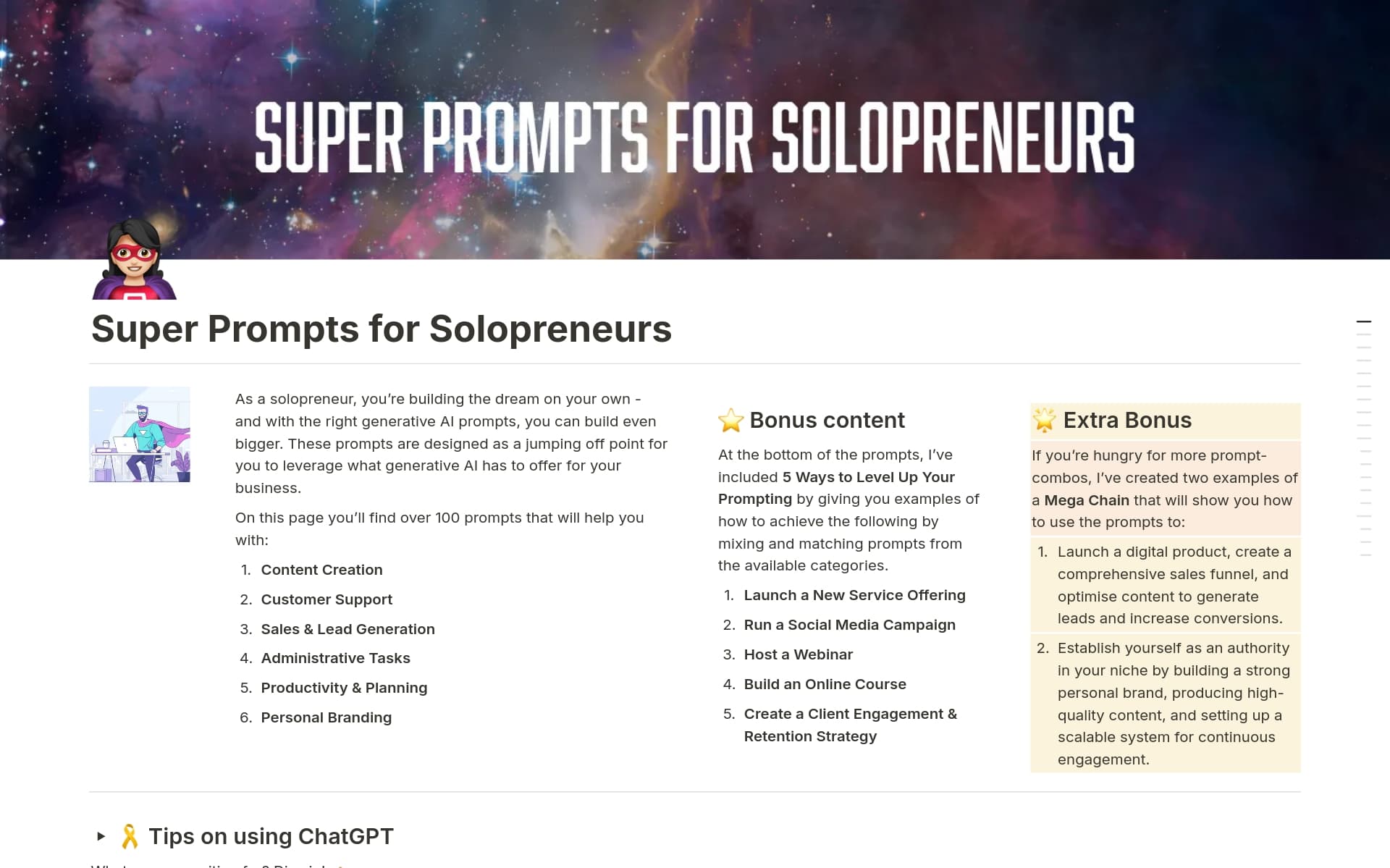Employee evaluations are essential for tracking progress, identifying areas for improvement, and setting goals for career development. They provide a structured approach to assessing performance and can lead to meaningful conversations between employees and managers. An Employee Evaluations template in Notion can streamline this process, ensuring consistency and clarity in the evaluation criteria and making it easier to document and refer back to past evaluations.
Before you start creating your own Employee Evaluations, check out these Notion templates below to help make it easier.
What Should Employee Evaluations Templates Include?
Choosing the right Employee Evaluations Template in Notion can streamline the review process and enhance the quality of feedback. Here are key components to look for:
Clear Objectives: The template should have well-defined sections that outline the goals and objectives of the employee, making it easier to assess alignment with company standards.
Performance Metrics: It should include specific metrics or KPIs to quantitatively measure performance, providing a clear basis for evaluation.
Feedback Section: A dedicated area for both peer and managerial feedback ensures comprehensive reviews and encourages constructive discussions.
Development Plans: The template should facilitate future planning with sections for development goals and strategies to achieve them, aiding in career growth.
Selecting a template with these components will not only help in conducting thorough evaluations but also in fostering an environment of growth and accountability.
What Should Employee Evaluations Templates Avoid?
Choosing the right employee evaluation template in Notion is key to effective performance reviews. However, certain elements can detract from the main objectives of these evaluations. Here are three components to steer clear of:
Overly Complex Rating Systems: Avoid templates that feature intricate rating scales which can confuse both evaluators and employees. Simplicity leads to clearer understanding and feedback.
Generic Competencies: Templates that do not allow customization to include role-specific competencies may not effectively assess an individual's performance in their particular job context.
Lengthy Questionnaires: Lengthy templates can be daunting and time-consuming. Opt for concise, direct questions that encourage thoughtful responses without overwhelming the participants.
Selecting a template that avoids these pitfalls will facilitate a smoother and more productive evaluation process, ensuring that the focus remains on meaningful performance assessment and development.



